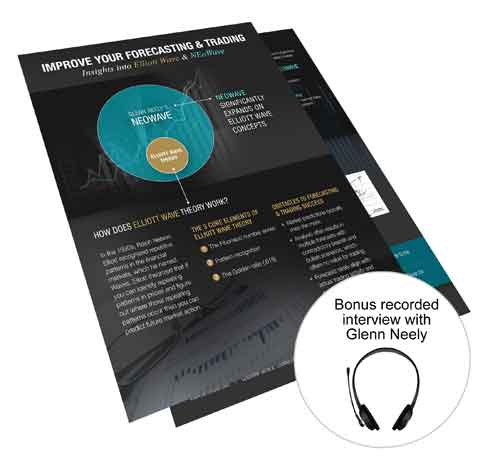Question of the Week: 3/21/2007
Do you think options are a reasonable way to trade using your service.
Answer:
This question was sent in by George Schluger of New Jersey. Its an important question, especially for those new to the business.
What entices neophytes to the options markets is the promise of "limited loss and unlimited potential" - similar to what Las Vegas sells you when playing slot machines. They say "Bet a dollar to make $1,000,000!" Sounds great, but what are the odds? In Vegas they are beyond miniscule. Obviously, someone must pull the lever at least 1 million times before the house has enough money to pay the 1 million dollars. Plus, the house must factor in the costs of maintaining the machine, the employees running the place, overhead of the physical space, plus they must still make a profit. As a result, the lever may need to be pulled 2 million times or more for each $1 million paid out. Whatever it is, the odds are not only NOT in your favor, they basically don't exist.
Trading options may have better odds than a million-dolloar Vegas slot machine, but they aren't very good. In my entire career, I have never known anyone who consistently made money trading options. My personal experience has not been pleasant.
When trading stock, typically the money wagered is all you can lose, so emotions are kept in check. Unless the company goes bankrupt, shares do not expire, so you can hold the stock as long as you want. As a result, your timing may not be great and your entry price may not be good, but with patience, inflation and improving technology, the chances are good those shares will be worth more than you paid for them at some point in the future. You certainly can't say that about futures and options trading. Consequently, stock trading is one of the least difficult games Wall Street has to offer.
When trading futures, the element of leverage dramatically alters the landscape - every few points can have a significant impact on total account equity, especially for the typical trader who is under-capitalized. There is also the element of expiring contracts and potential delivery of a commodity that eventually forces all futures traders out of their original position, forcing them to take a profit or loss at or before expiration. The factors associated with Futures trading makes timing, entry and starting capital important considerations, increasing the complexity of the success equation.
What makes options trading even more difficult? On top of all the elements you must master for Futures trading, options incorporate the additional factors of premium decay and volatility. Unless you are Shorting options (which virtually no one new to the business does), you need to enter when the markets are slow and premiums are low. Your must enter immediately before a large advance or decline ensues, so your timing must be nearly perfect. In addition, you must pick the right option (a Put or a Call), the right contract month (Jan., Feb. Mar., etc.), the right strike price (400, 500, etc.) and you will probably have to deal with issues of liquidity. In other words, you need to be right about everything - nearly perfect entry, perfect timing, right contract, right strike price, etc. That not only makes options trading the most difficult game it town, it makes it a nearly impossible game to win.
For all the above reasons, I do not recommend options trading for anyone with less than 10 years trading/investment experience. Even then, options should be used only on the rarest of occasions. If you are a professional who writes (shorts) options, the rules are very different and much of what I have said above does not apply.
 Click here to view NEoWave's Question Of The Week archive
Click here to view NEoWave's Question Of The Week archive



